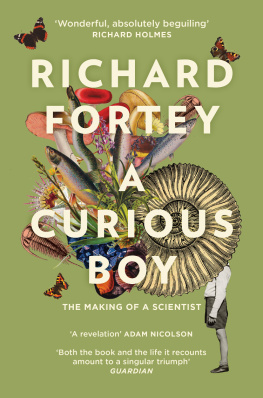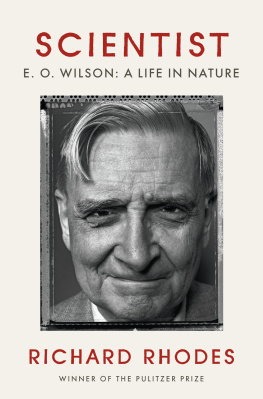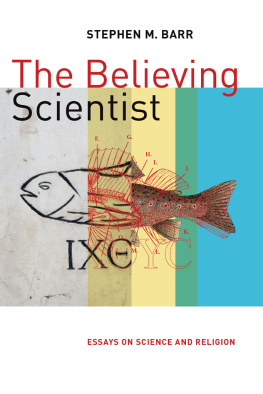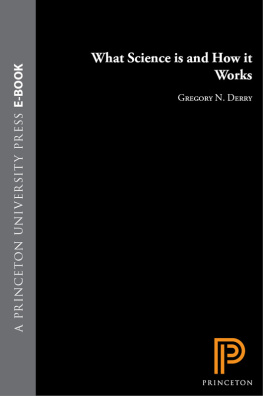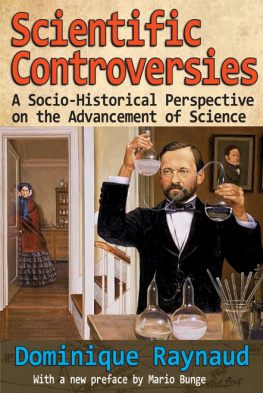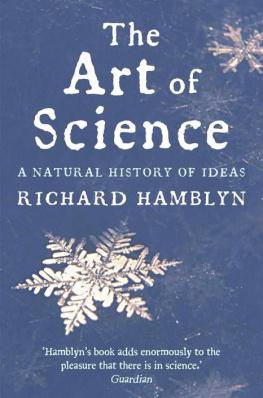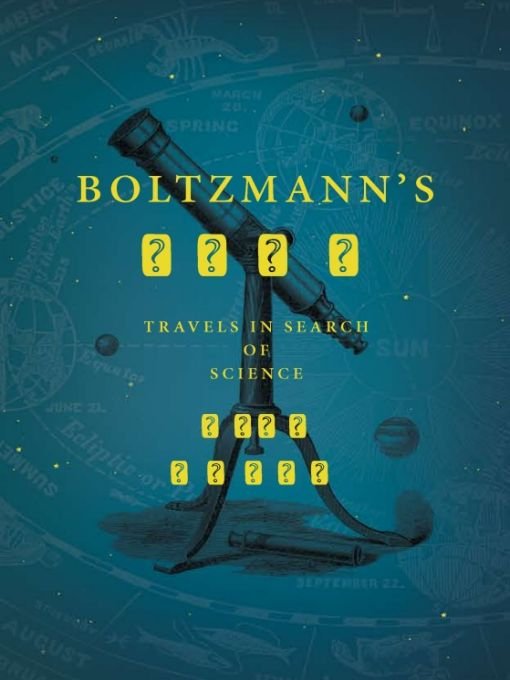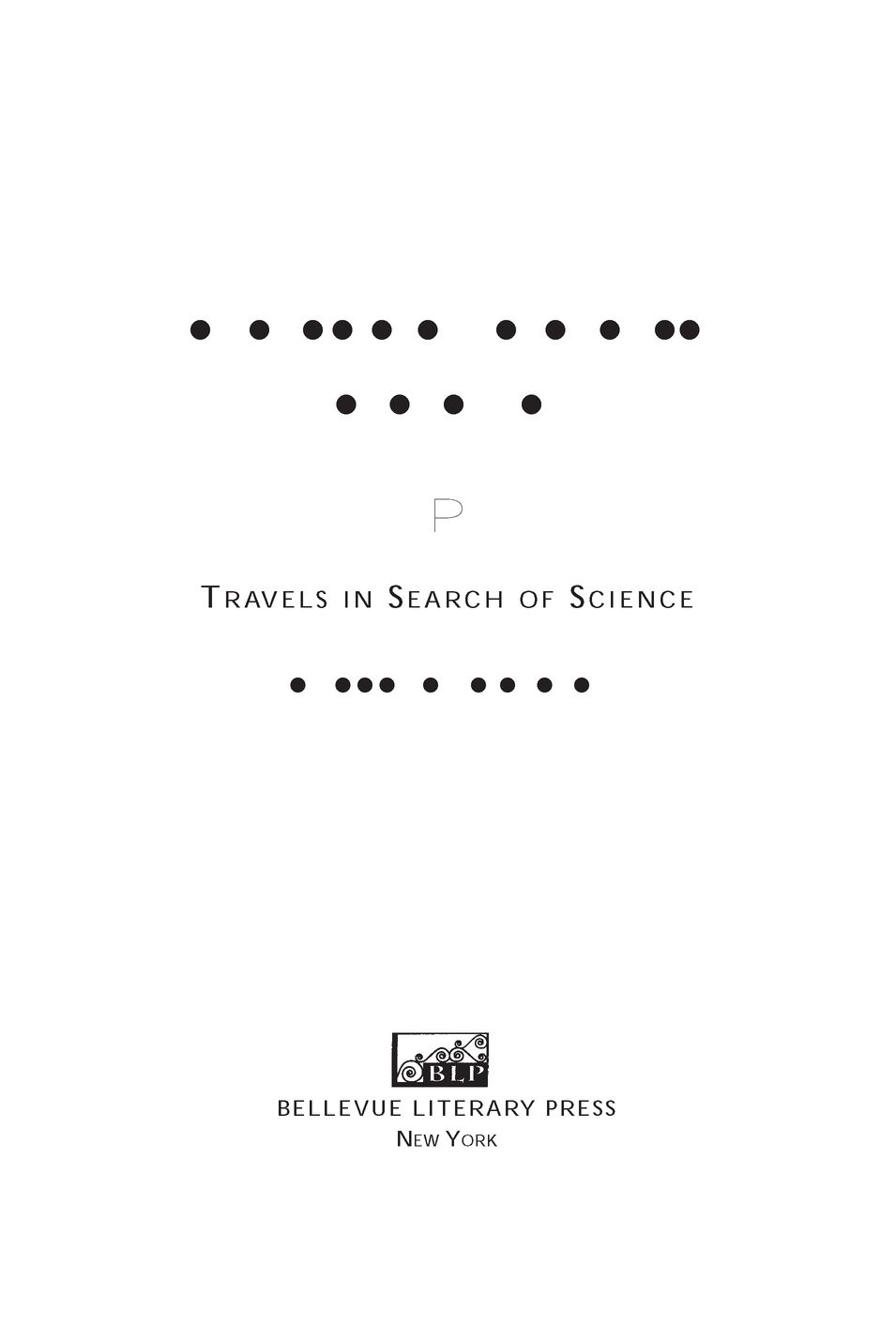Table of Contents
ALSO BY BILL GREEN
Water, Ice and Stone
Improbable Eden:
The Dry Valleys of Antarctica
A mans work is nothing but the slow trek to rediscover through the detours of art those two or three great and simple images in whose presence his heart first opened.
Albert Camus
Randomness rules our lives.
Leonard Mlodinow
McMurdo Station and the Dry Valleys
It was my ninth trip to McMurdo Station, the largest United States base in Antarctica. The base crowded down to the edge of the Ross Sea, and from shore you could see the white mountains of Victoria Land rising like a vision of heaven. I liked the small group I had chosen forthis trip and thought we would be perfect for the two lakes we had come to study. Joe was an older chemist, a little overweight, perhaps, and not in the best of health. Through several weeks, I had had to argue with the National Science Foundation that he would be able to do the field studies I had mapped out for him. I had never seen anyone so enthusiastic about an expedition as Joe. At Los Angeles Airport, wearing a cap that counted down the minutes and seconds until the new millennium began, I think he told everyone at the bar and on line for the long flight to Auckland that he was going to Antarctica. If his listener showed even a hint of interest, he would try to explain our entire project. The closer we got to takeoff, the more a smile of expectation lit his face.
My student, Joseph, was not nearly as expressive, but he had worked with me for several years in the lab and was immersed in the research. He was fastidious and had a cheerful alliance with small motors, batteries, copper wires, and instruments of all kinds that would make him invaluable in the unpredictable conditions of the Dry Valleys. Experience had taught me that nothing ever went according to planpumps and generators broke down, drill bits snapped and the one thing you had not thought to bring in duplicate fell into the deep waters of the lake and would never be seen again. But one thing above all else was true: you could always count on Josephs ingenuity and his data.
Katy, my daughter, who had wanted to go on one of these journeys since she was barely old enough to miss my long absences, was the fourth member of our group. On college breaks, she had lived in huts along the shore of Brazils Salvador, had contracted malaria in the streets of Accra, and had taken on the winter snows of Colorado and Wyoming in her small mountain tent. She was a student in my geochemistry course and so had a broad overview of that science. I had no doubt she, at twenty-one, was ready for this.
I did, however, have a few questions about myself. Two years earlier, I had had bypass surgery following a heart attack. The surgeon, who was tall and confident, a former navy commander, said, Well have you in better shape than youve been in twenty years. I wanted to believe it was true; today, I felt strong and ready for our journey south. The world in its vastness and beauty seemed open to me once again.
The physical work seemed almost routine by now: dragging the sleds over the rough, wind-blasted ice on Lake Hoare; setting up the peristaltic pump and the Tygon tube so we could collect samples every few centimeters down through the water column; measuring the dissolved oxygen, the conductivity, and the pH. At Lake Fryxell, the hole over the deepest water had already been drilled by another research team so the big rig with its black, screwlike blades and the fifteen feet of extensions that we usually needed for the thick permanent ice was not necessary.
Over the years, the work had become easier. There were several groups in the Taylor Valley now, and there were a few semipermanent structures that had been set up for lab work and for cooking hot meals. As I looked out over the valley from the glistening lake ice, I remembered the emptiness of earlier days, when I could imagine there had never been anyone else here, that we were the first explorers, and the land had welcomed us in its silence and majesty, its bare stone mountains rising into cloud. There was, however, a kind of scientific satisfaction in seeing the growing interest in the lakes, that they were no longer the mere biological and geochemical curiosities they had once been. In a kind of paradigmatic transformation, they had become viewed as mosaics of interconnected glaciers, streams, soils, lakes, microorganisms, and sediments, accessible and tractable model systems, the only lakes in the cold deserts of the earth, and the only models of what the waters of Mars might have been like. They were extreme environments and they hummed with a new importance that extended even beyond this earth.
Satellite view of the McMurdo Dry Valleys. Ice-free areas are dark.
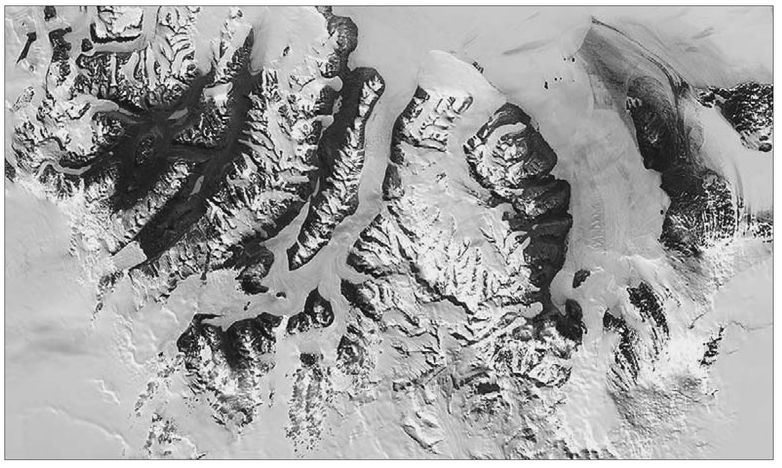
The sample collecting was always slow, and you had to be obsessed with every step to prevent contamination. In addition to the nutrients nitrate and phosphate, we were studying a group of metals near the middle of the periodic table, metals that are rare in natural waters. Among them were cobalt, copper, nickel, and zinc. These are essential micronutrients, but at higher concentrations they can be lethal. Even the sparse biota of these lakes, which was comprised mostly of algae and bacteria, depended on the metals being in perfect balance. I was interested in what maintained that balance. Over in Lake Vanda, just across the mountains in the Wright Valley, we thought we had seen good evidence for the role that tiny particles of iron oxides and especially manganese oxides played in removing potentially toxic trace substances. These were brought each year by the flowing streams that came in springtime from the glaciers. But who knew what we would find in Lake Fryxell and Lake Hoare; who knew what we would find next year in Miers and Joyce? We proposed that the same processes we had found in Vanda would be operating in all the lakes, and, perhaps, in natural waters everywhere. But this was a long, long extrapolation. Lakes were as different, in fine detail, as the waves of the sea.
After a twelve-hour day on the surface ice, I would be ready for a hot meal and some time in my tent, where I could update my field notes and write in my journal. Katy and Joseph would often go climbing in the Asgards and photograph the valley all the way down to Lake Chad from high in the mountains. Joe, unfortunately, had had irregular heartbeats early in the season and was sent back to Christchurch for examination and then on to Ohio. The National Science Foundations representatives at McMurdo Station were very cautious and very strict about the regulations they set, whether for health or conduct. If you breached them in any way, you were usually on a plane headed north.
It took us a week to sample the water column in the inch-by-inch way we had planned. When we were through, we called for a helicopter, loaded our water samples onboard, and headed for McMurdo. Katy asked the pilot if he would mind flying near the shrinking ice edge of the Ross Sea, and he agreed. So our return took us along the retreating margin where ocean laps the remaining ice of spring. We flew close to the water so you could see leaping killer whales, tiny Adlie penguins whose lives seemed to be always in peril, and leopard seals sunning themselves in the cold radiance of November sunshine. Katy clapped her hands at this, delighted by the whole impossible dance of beauty and death that revealed itself below. At this time of year, all along the vast stretches of maritime Antarctica, where the simple conversion of ice to water yields the prospect of food, there is imminent danger.



